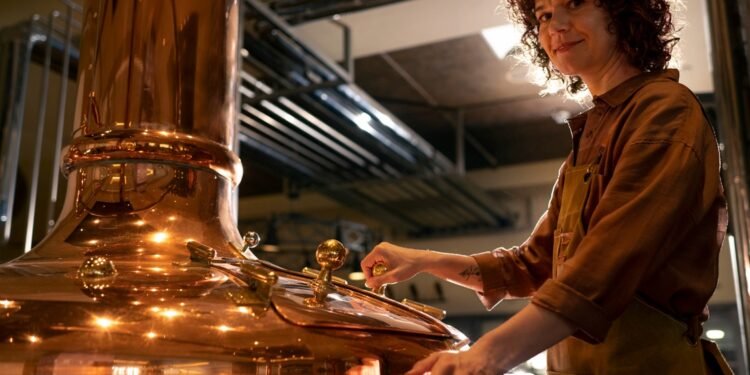We have a blog with a lot of information about closed-die forging. Learn everything you need to know about this important manufacturing method, from the process and how it works to the perks and new developments.
Forging is an industrial or manufacturing process that is used to provide a unique shape as per business requirements with the help of compressive strength that is applied to the workspace metal.
A study of the physical characteristics of metal, such as tensile strength, stress and strain on the metal, and its ductility or malleability, helps to determine the amount of compressive force that is necessary.
Closed die forging is a type of forging process in which workspace metal is heated to a particular temperature to make the metal soft and easy to bed, and two precision-machined dies enclose the workspace metal to provide the desired shape.
Once the shape is formed, it is cooled down to make the metal hard again.
Also Read: How to Make the Perfect Tool with the Art of Steel Forging
What does “closed-die forging” mean?
Closed die forging is popularly known as impression die forging, where we use two precision machined dies to apply the compressive force to workspace metal that is enclosed between them.
The dies are built and designed with specific impressions that dictate the desired shape of the clients. This method involves identifying the right work piece material for closed die forging, knowing the physical properties of materials properly, and making use of modern forging machines or equipments to ensure quality forged metal manufacturing.
We use different types of machines for closed-die forgings. We might use a hydraulic machine for applying compressive force or a mechanical press, depending on the hardness of the workpiece metal.
The ram of the closed die forging machines applies compressive force such that it helps the work metal take the desired shape with excessive pressure.
Related: Unleashing Innovation: The Art of Customized Forging Parts
When do we use the closed-die forging method?
Closed-die forging is used when high-precision, high-strength parts are required, particularly for applications that demand complex shapes and detailed features.
This method is ideal for producing components that must withstand significant stress and wear, such as those found in the automotive, aerospace, and heavy machinery industries.
It is also chosen when consistency and tight tolerances are critical, ensuring each part meets exact specifications and performs reliably in demanding environments.
Closed-die forging is preferred when production efficiency and material utilization are important, as it minimizes waste and allows for high-volume manufacturing.
Related: Peva Material Manufacturers, Packaging Foam Sheets Exporters India
What are the benefits of using closed-die forging?
By making use of close die forging, we can shape the metal to the desired shape to make it fit for specific business purposes where precision of the shape is essential.
For example, in an aerospace vehicle, we need to design the aircraft component exactly as designed to attain the highest efficiency.
Using close die forging, we need not heat the workpiece material to melting point as it becomes too expensive due to the increased energy requirement.
We only need to ensure that the metal becomes soft at a particular temperature to shape it up between the two enclosed dies.
Read: How to Choose the Right Conveyor Belt
How has a closed-die forging company revolutionized in modern times?
With the advent of the latest and newer technologies, forging machines have become more efficient.
Nowadays, forging machines have been digitalized, where we can monitor the temperature, analyze the workpiece metal properties, and find their tensile strength, stress, and strain more accurately.
With the help of these cutting-edge technologies, we can perform the forging work more precisely and efficiently.
To sum up, we must say that closed die forging companies have been revolutionized with the advent of modern forging machines and equipment.
With the use of modern forging machines, close die manufacturers have automated the workflow on the production floor, reduced manual dependency, and maximized industrial output in cost-effective ways.
Not only do they meet the increased demand for forged material worldwide, but they are also able to produce forged metals with the highest quality standards.
More Related Posts:






















